As more and more people are looking to add a furry friend to their family, they are turning to otters as an option. But is owning an otter legal?
If you’re thinking about getting a pet otter, you might be wondering if it’s legal to own one.
Otters can make good pets, but there are some things you need to know before you decide to bring one into your home.
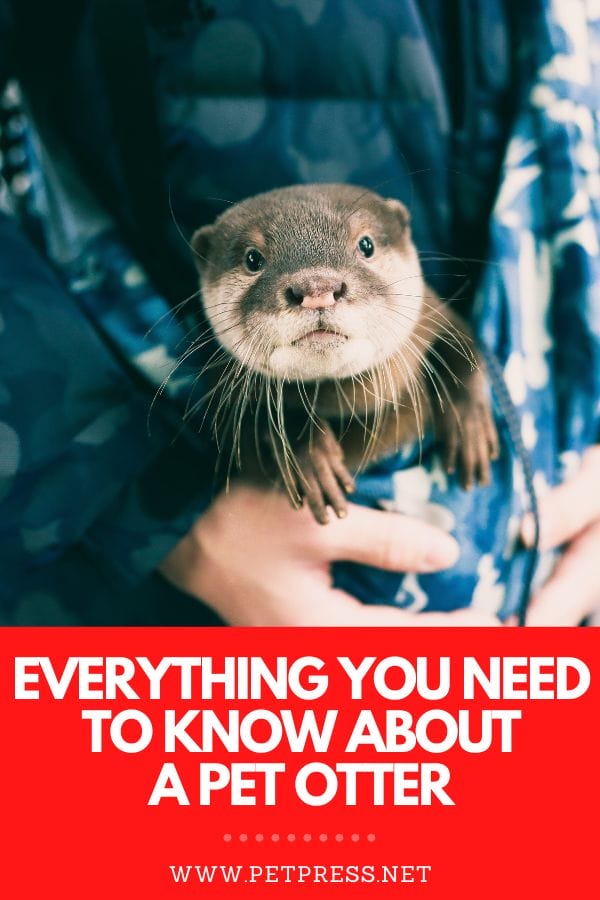
In this blog post, we will discuss everything you need to know about owning a pet otter. We’ll talk about the care they need, the laws surrounding their ownership, and what kind of personality they tend to have.
Are Otters Good Pets?
In the wild, freshwater otters live in family groups of up to 15 individuals. Otters do not live their complete, natural lives when they are captured and sold as pets. Unfortunately, a bathtub or pool can’t replace the large bodies of water where otters naturally stay.
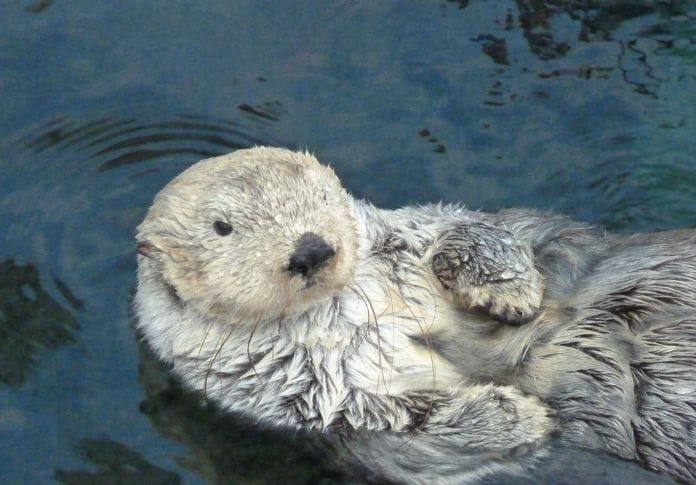
The Asian small-clawed otter is the smallest of all otter species. It’s the most often trapped and sold as a pet.
Many countries throughout Asia have implemented restrictions and bans to safeguard these species. Otters require space to move around. They aren’t easy to train and are highly sociable creatures.
How To Buy A Pet Otter?
If you still want to get one of these aquatic species, the most difficult problem you’ll encounter is: where can you find one?
However, they are very uncommon and may need to be tracked down by a broker who can find a breeder or import one.
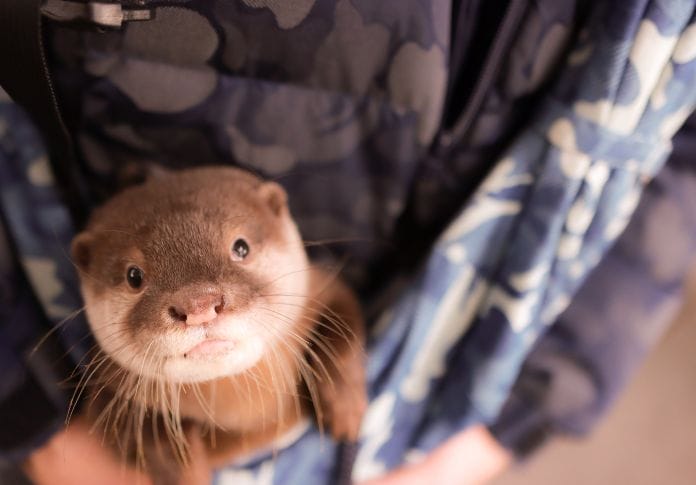
To make matters worse, the animals may be captured during gestation. This can result in a slew of ethical problems, including the possibility that capturing the creatures is not environmentally sustainable (as it would often be in areas where species are in danger), and that brokers will not inform you where you can buy otters from (which is typical in the industry).
Problems With Pet Otters
It is against the law to keep native otters as pets in several countries, including the UK, Japan, and the U.S. However, some individuals are still smuggling them into these countries to be sold as pets.
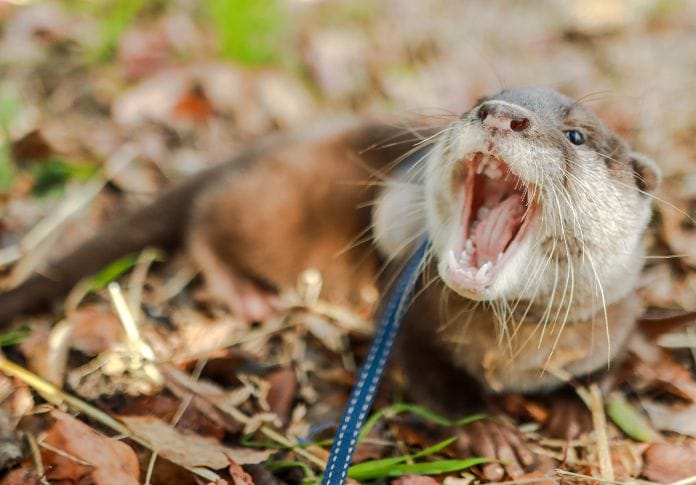
Loud noises. Otters squeal or whistle loudly. When they don’t obtain what they want, they can be quite destructive.
Strong odor. Otters have a distinct odor that lingers in the air. If they live inside, their unpleasant smell might seep into your house. They also leave feces smeared around as a sign of ownership, which contributes to the problem.
Unclear Laws and Regulations
Many states have created rules for certain animals that are hard to interpret. When it appears that an otter is legal under one statute but not another, the animal may be regulated by several laws.
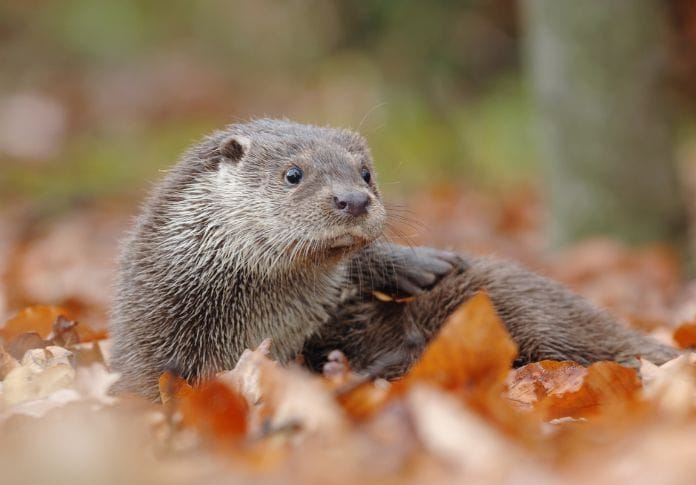
For example, most states have bans on big cats, primates, and bears, but in states that allow more surprising species as pets, the majority of counties and towns don’t allow it.
How To Care for A Pet Otter?
Owning an otter is a big commitment. If you have adopted one, you’ll need to have the proper habitat for it. They need plenty of space and care.
Otters require a large enclosure to allow them to exercise and forage. They require a far bigger enclosure than a regular dog.
Most of your otter’s existence will be spent in the enclosure. Otters need a tropical climate with an average temperature of 75 to 85 degrees Fahrenheit.
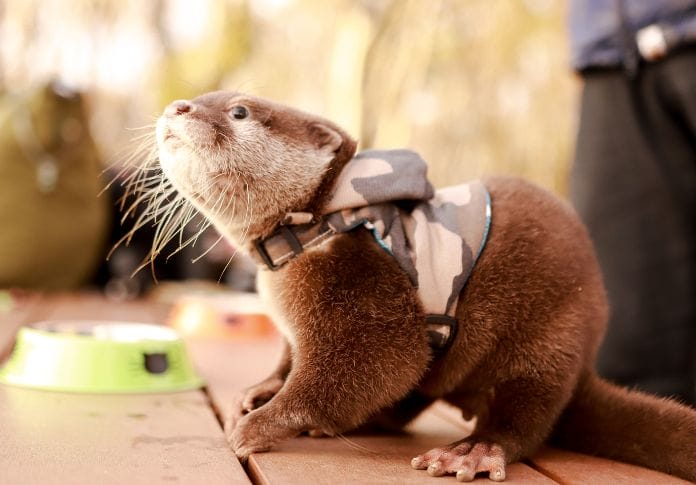
They’ll also require a dry area and a pool. They can acquire health issues if they are constantly wet.
The ideal enclosure for an otter offers a top and is dug into the ground. An outdoor cage is the finest choice for an otter.
Living in a house has its challenges, such as cleaning up otter feces and preserving your furniture. As mentioned earlier, otters can be destructive and are difficult to housetrain.
An otter’s diet can vary. You can feed them a complete cat food-based diet, but at least half of their meals should be meat-based. You should also include fish, vegetables, soft-boiled eggs, and insects in their diet.
What Does An Otter Enjoy?
Any owner must offer otters a variety of entertainment, as well as all other animals. Some suggestions for offering diverse stimulation to otters include:
- Take out a small number of feathers from a bird and scatter them in various areas.
- Placing food out of reach so that the animal must work out how to get it down.
- Freezing food in ice cubes on a hot day.
- Food-dispensing cat and dog devices that must be operated to give snacks. These toys are excellent for species that hunt and forge.
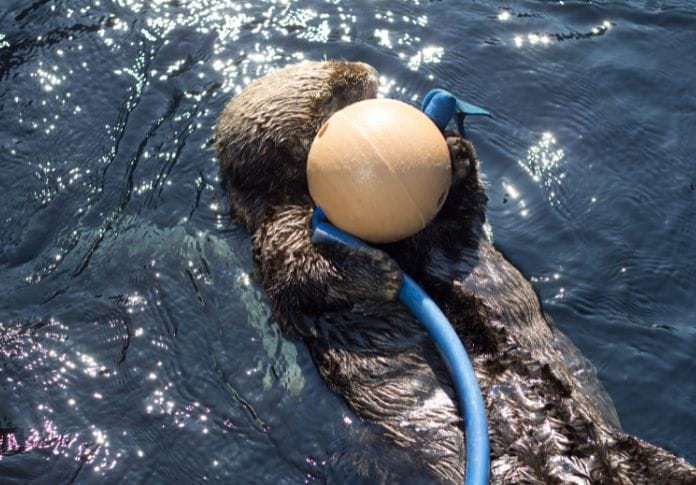
Living in captivity would not be a good idea for an otter. Not having enough interaction or stressing your pet otter can cause it to become violent and destructive.
If you’re still considering an otter as a pet, be sure to do your research. Otters can make great pets but the above are some things to consider before bringing one into your home.
If you already have an otter pup, then consider our list of the best otter names and choose the best name for it.
Make sure you know the laws in your state and consult with an expert about how to properly care for an otter.
They may require a lot of attention and special care, but if you’re up for the challenge, an otter could make a great addition to your family. Have you ever considered getting a pet otter?
- Does Cat Litter Melt Ice? The Complete Guide to Winter Safety - January 30, 2026
- Happy Tail Dogs: Understanding This Common Canine Condition - January 29, 2026
- How Cold Can Outdoor Cats Handle? Feline Winter Safety - January 27, 2026


GIPHY App Key not set. Please check settings